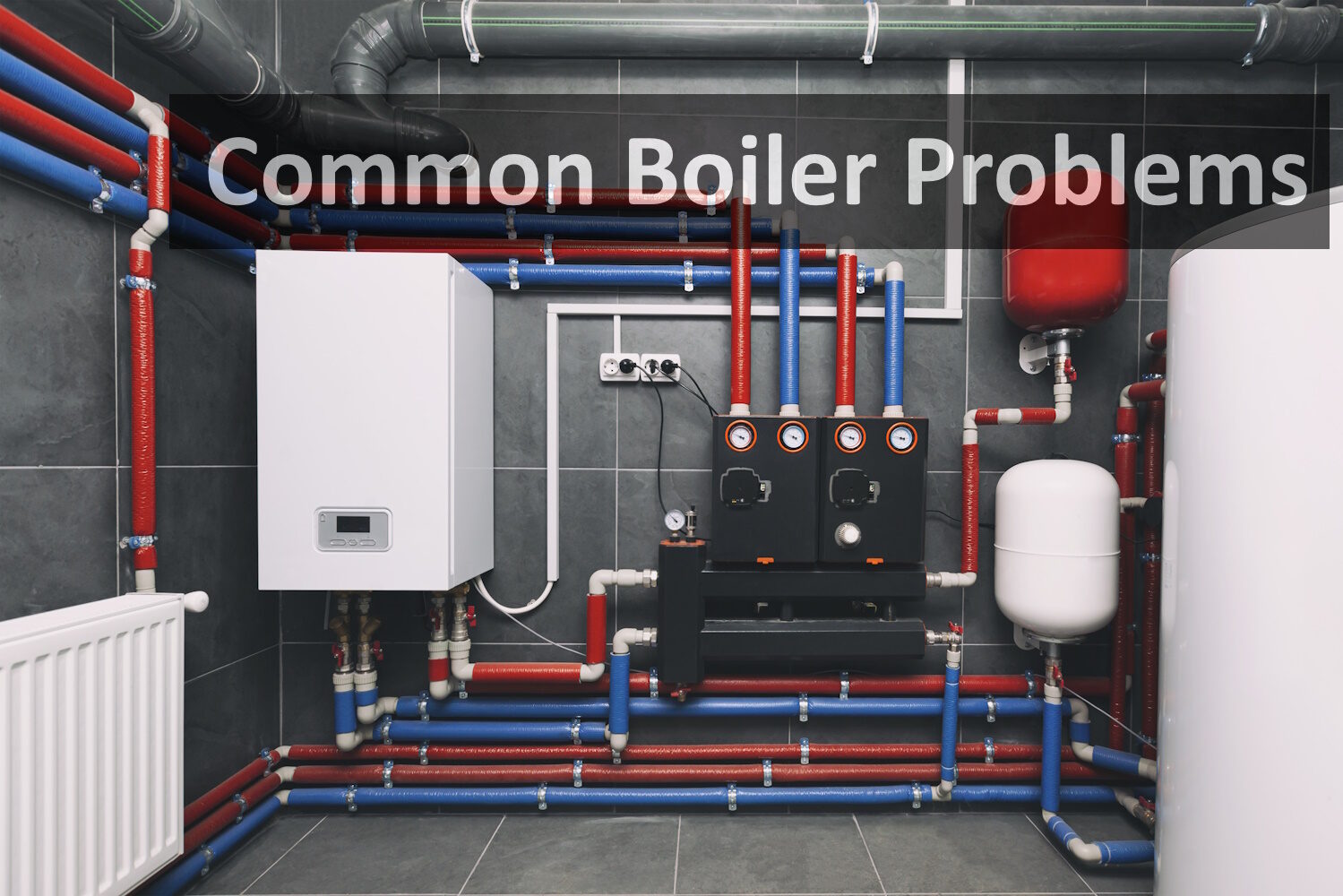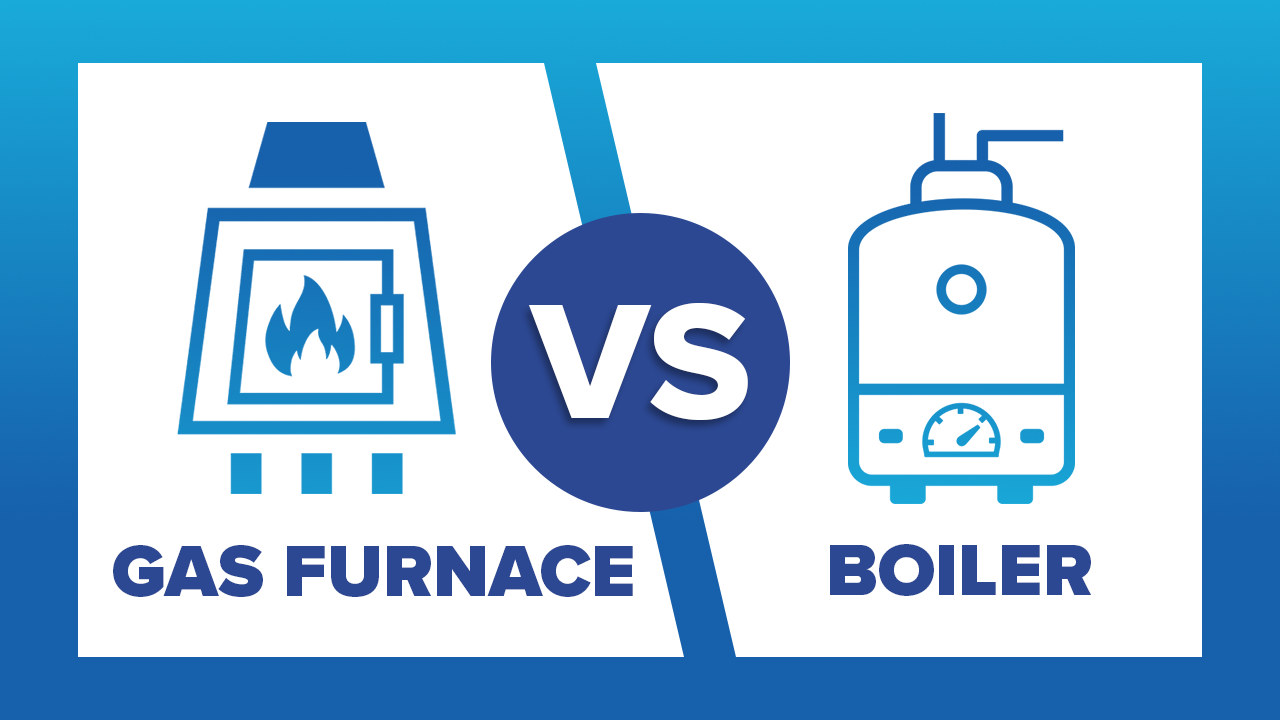When it comes to heating your home, selecting the right system can be a challenge…

Common Boiler Problems and How to Fix Them Yourself
Boilers are an integral part of many households, providing essential heating and hot water. However, they are complex systems that can occasionally run into issues, leading to inconvenience and discomfort. Understanding common boiler problems and how to address them can save you time, stress, and potentially costly repairs. In this comprehensive guide, we’ll explore frequent boiler issues, how to fix them yourself, and when it’s best to seek professional assistance. This guide also highlights important aspects of boiler repair, boiler maintenance, and boiler replacement, while offering tips on how to get free boiler quotes.
-
No Heat or Hot Water
One of the most frustrating boiler problems is a lack of heat or hot water. This can occur for several reasons:
Causes:
- Thermostat Issues: A malfunctioning thermostat may not communicate correctly with the boiler, preventing it from turning on.
- Low Water Pressure: Boilers require a certain level of water pressure to operate efficiently. If the pressure drops too low, the system may shut down.
- Airlocks or Broken Diaphragms: These can prevent water from circulating properly through the system.
How to Fix:
- Check the Thermostat: Ensure the thermostat is set to the correct temperature and functioning properly. Replace batteries if needed or consider upgrading to a more reliable model.
- Check the Pressure Gauge: The ideal boiler pressure is usually between 1 and 1.5 bar. If the pressure is too low, you can use the filling loop to increase it. Always consult your boiler manual for specific instructions.
- Bleed Radiators: Air can get trapped in the radiators, causing airlocks. Bleeding the radiators can release this air and restore proper circulation.
-
Leaking and Dripping
Leaks in the boiler system can lead to significant water damage and inefficiency.
Causes:
- Corroded Pipes or Tanks: Over time, metal components can corrode and develop leaks.
- Loose Joints: Vibration and wear can loosen connections, leading to leaks.
- Faulty Pressure Relief Valve: If the boiler pressure is too high, the relief valve may leak to release excess pressure.
How to Fix:
- Tighten Loose Connections: Carefully tighten any loose fittings with a wrench. Be cautious not to overtighten, as this can cause further damage.
- Replace Corroded Parts: Corroded components should be replaced promptly to prevent leaks from worsening. Depending on the extent of the damage, this may require professional boiler repair.
- Check the Pressure Relief Valve: If the valve is leaking due to high pressure, adjust the system pressure accordingly. If the valve itself is faulty, it should be replaced.
-
Pilot Light Going Out
The pilot light is essential for igniting the boiler’s burners. If it keeps going out, there could be several reasons.
Causes:
- Faulty Thermocouple: This safety device shuts off the gas if the pilot light goes out. A malfunctioning thermocouple might incorrectly cut the gas supply.
- Drafts: Strong drafts can blow out the pilot light.
- Dirty Pilot Light Orifice: Dirt and debris can block the orifice, preventing the pilot light from staying lit.
How to Fix:
- Check for Drafts: Ensure the area around the boiler is free from drafts. Seal any gaps or cracks that might allow cold air to blow out the pilot light.
- Clean the Pilot Light Orifice: Carefully clean the orifice using a thin wire or needle to remove any blockages.
- Replace the Thermocouple: If the thermocouple is faulty, it can be replaced relatively easily. Ensure the gas supply is turned off before attempting this repair.
-
Kettling (Strange Noises)
Kettling refers to a rumbling noise that resembles a boiling kettle. This can be alarming but is usually not a severe issue.
Causes:
- Limescale Build-Up: In hard water areas, limescale can accumulate on the heat exchanger, restricting water flow and causing overheating.
- Air in the System: Air trapped in the boiler can also cause unusual noises.
How to Fix:
- Descale the Boiler: A descaling solution can remove limescale build-up, improving water flow and reducing noise. This is a crucial aspect of regular boiler maintenance.
- Bleed the Radiators: Releasing trapped air from the system can eliminate noises caused by air bubbles.
-
Low Boiler Pressure
Low pressure is a common issue that can prevent your boiler from functioning correctly.
Causes:
- Leaks in the System: Even a small leak can cause a significant drop in pressure over time.
- Recently Bled Radiators: Bleeding radiators can temporarily reduce system pressure.
How to Fix:
- Identify and Fix Leaks: Inspect all visible pipes and joints for leaks. Repair or replace any damaged components.
- Repressurize the Boiler: Use the filling loop to add water to the system until the pressure reaches the recommended level. Refer to your boiler manual for specific instructions.
-
Radiators Not Heating Up
If your radiators aren’t heating evenly or at all, the problem could lie with the boiler or the radiators themselves.
Causes:
- Sludge Build-Up: Sludge can accumulate in the system, particularly in older installations, blocking the flow of hot water.
- Air in the System: Air can prevent hot water from circulating through the radiators.
How to Fix:
- Power Flush: A power flush can remove sludge and debris from the system, improving efficiency and heat distribution. This is a more extensive boiler maintenance procedure that may require professional assistance.
- Bleed the Radiators: Bleeding the radiators can remove trapped air and restore proper heating.
-
Boiler Switching Off
A boiler that keeps switching off can be a sign of several underlying issues.
Causes:
- Thermostat Issues: If the thermostat isn’t working correctly, it may cause the boiler to turn off unexpectedly.
- Low Water Pressure: As discussed earlier, low pressure can cause the boiler to shut down.
How to Fix:
- Check and Reset the Thermostat: Ensure the thermostat is set correctly and functioning properly. Reset it if necessary or consider replacing it.
- Repressurize the Boiler: If low pressure is the issue, adding water to the system should resolve the problem.
-
Frozen Condensate Pipe
In cold weather, the condensate pipe can freeze, causing a blockage that shuts down the boiler.
Causes:
- Cold Weather: Freezing temperatures can cause the condensate in the pipe to freeze, blocking the flow.
How to Fix:
- Thaw the Pipe: Gently thaw the pipe using warm water or a warm cloth. Avoid using boiling water, as this can damage the pipe.
- Insulate the Pipe: Prevent future freezing by insulating the pipe with foam lagging.
When to Seek Professional Help
While many boiler problems can be fixed with DIY solutions, some issues require professional expertise. If you’re unsure about any aspect of boiler repair, boiler maintenance, or boiler replacement, it’s best to consult a qualified technician. Professional services can offer free boiler quotes for more complex repairs or replacements, ensuring your system runs safely and efficiently.
Conclusion
Being familiar with common boiler problems and knowing how to fix them can save you time, money, and stress. Regular boiler maintenance is essential to keep your system running smoothly and to prevent unexpected breakdowns. However, always prioritize safety and do not hesitate to call a professional when necessary. By understanding these issues and their solutions, you can ensure a warm and comfortable home throughout the year.



